Updated June 02, 2016
When you’;re writing a business letter or sending an email message, it’;s important to close your letter in a professional manner.
The ideal closing for a business letter conveys your thanks and respect, without eccentricity or an overly familiar tone. The best-case scenario is that the hiring manager, colleague, or connection won’;t even notice the closing.
The following are a list of letter closing examples that are appropriate for business and employment related correspondence.
Business Letter Closing Examples
- Sincerely
- Sincerely yours
- Regards
- Best
- Best regards
- Kind regards
- Yours truly
- Most sincerely
- Respectfully
- Respectfully yours
- Sincerely yours
- Thank you
- Thank you for your consideration
What to Put After the Closing
Follow the closing with a comma, a space, and then your name. For example:
Your Name
Your Email Address
Your Phone Number
What Not to Use as a Business Letter Closing
Anything that you’;d use in an informal communication is inappropriate for a business letter. This includes slang, text-speak, emojis, and anything off-color or casual.
If you’;re used to communicating mostly with friends, family, or even co-workers you’;ve worked with for a long time, an appropriate closing for a business letter will probably feel pretty stilted at first. Don’;t worry about it – your colleague won’;t feel that way when he or she reads your correspondence.
What seems unnatural to you will feel respectful and polite to the recipient.
Formal communication is on the wane in modern life, but there are still times when it’;s the only right way to reinforce a connection or convey information. If you’;re applying for a job, looking for a recommendation, or expanding your network, err on the side of formality.
One caveat: Don’;t let the slightly archaic feel of a formal business letter tempt you into using flowery, outdated language. Remember, you’;re hoping the person who receives your letter has no memory of your closing at all. The last thing you want is a hiring manager going into an HR meeting with your cover letter in hand, asking the team if they want to meet with "Mr. Kindest Personal Regards."
Examples of Inappropriate Business Letter Closings
A Note About Email Business Letters
It might be tempting to leave out the closing when you’;re communicating by email, but don’;t give into that temptation. Although no-closing emails are perfectly fine for everyday communication with your friends and teammates, they’;ll seem brusque – or worse, unprofessional – to people you don’;t know as well.
You should also use a business letter closing when you’;re corresponding with someone professionally about an important issue, whether it’;s a new project or a job opportunity.
How do you know for sure whether or not to use a closing? One good test is to ask yourself whether this email is more akin to an instant message/text or a business letter. If you’;re giving your teammate a quick update on an ongoing project, a formal closing might not be necessary; if you’;re throwing your hat in the ring for a promotion, it definitely is required.
When all else fails, err on the side of caution and include it.
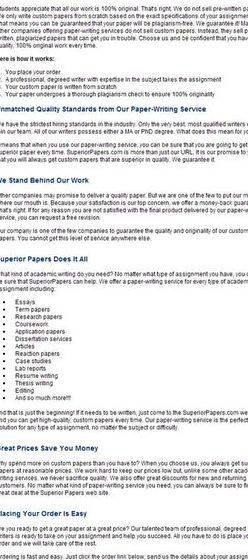
You’;ll never go wrong by being too polite and respectful.


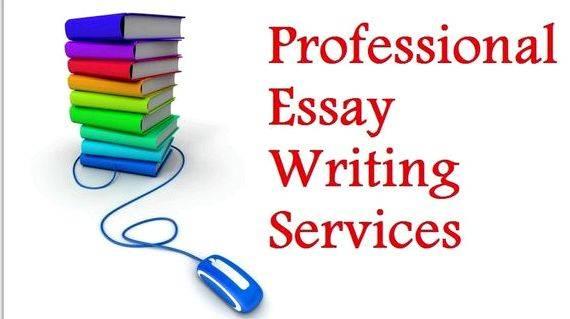

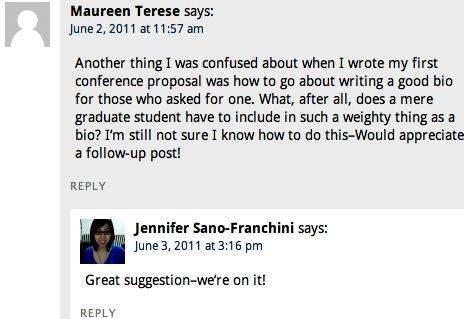

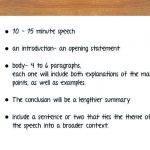 Steps to writing a speech about yourself
Steps to writing a speech about yourself Amyloid cascade hypothesis summary writing
Amyloid cascade hypothesis summary writing Assert your rights schenck summary writing
Assert your rights schenck summary writing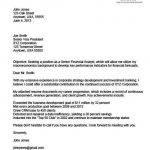 Writing a recommendation letter for yourself
Writing a recommendation letter for yourself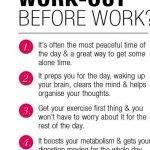 Energize your mind inspirational writing exercises
Energize your mind inspirational writing exercises






